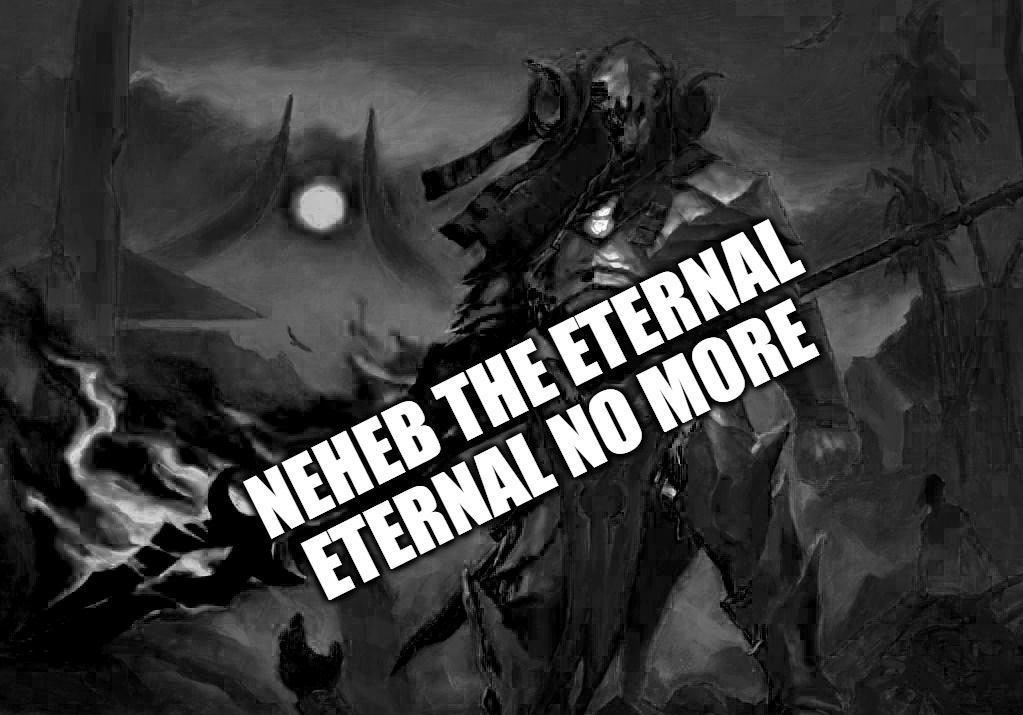Rules Change To Precombat and Postcombat Main Phases

UPDATE: On Thursday, July 25th, Matt Tabak made a statement on Twitter saying that exceptions will be made for all 11 affected cards. World At War
In the latest release notes affecting the Magic: The Gathering Comprehensive Rules, there is a subtle, yet apparent, change. This rule change affects the way main phases now work and are termed. On July 23rd, Magic Rules Guru Matt Tabak confirmed this change through a series of explanatory tweets.
The change is a simple one that affects a handful of cards. Previously, the game's main phases were defined as "precombat" and "postcombat" main phases. According to Tabak, the rules change will shift the terminology of cards to refer to either a "first" or "second" main phase, respectively. This change also changes Chancellor of the Tangle
Did You Know?
Many enfranchised players were not aware of this change before today. The Bloomburrow Release Notes detail most of the changes coming to Magic with the next set's release. While there are individual card entries for both Fireglass Mentor
In the game currently, there are 27 cards outside of silver-bordered components that refer to the "precombat main phase". These will receive this errata. However, because there is only ever one precombat (or first) main phase, the rules change largely doesn't affect their functionality. Looking at the eleven Eternal-legal cards that refer to a "postcombat main phase", this change will directly affect ten of them, including Sphinx of the Second Sun
Notably, seven legendary creatures exist among the remaining ten cards affected by the rules change. These cards, all legal to lead a conventional Commander deck, are as follows: Belbe, Corrupted Observer
RIP Neheb the Eternal
7/22/2024 pic.twitter.com/4ylp6pcgKP— Lokum (@MidWestLokumu) July 23, 2024
Furthermore, it seems that Tabak doesn't know if there will be a bulletin on DailyMTG to outline the rules change. When the Rules Guru was asked whether Wizards of the Coast will officially announce this rules change, Tabak simply replied, "No idea."
The Casualties of a Rules Change
As stated above, there are a total of ten cards in black-bordered Magic that this errata affects. But how does it do that? Put most empirically, when extra combat steps occur, usually, extra main phases follow. These cards used to be able to trigger with each of those postcombat main phases. Now, they will only trigger at the beginning of the second one. Neheb, whose deckbuilding strategies generally revolved around granting extra combat phases (and thus extra postcombat main phases), now can't do that.
Functional rule changes are rare, but there are a couple of them that have cropped up recently. For example, the June 1st, 2020 rules change to cards with the Companion ability altered how we use them today. Nevertheless, this change may herald a new mechanic down the line, similar to how Cascade changed in 2021. This change eventually paved the way to The Lost Caverns of Ixalan's Discover mechanic. It is yet unclear if we will get a new mechanic out of this rules change, but there is precedent that may allow for it.
Do you play any of the commanders "afflicted" by this rule change? Sound off below with your thoughts on the errata!